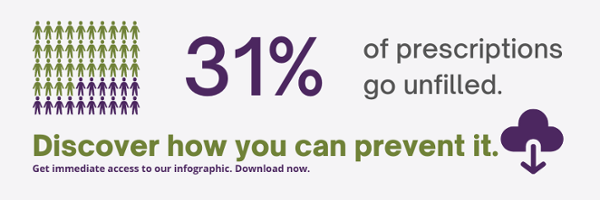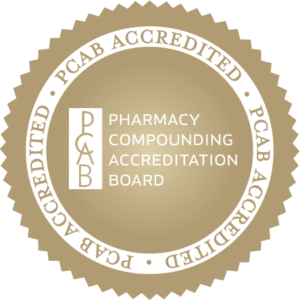There is a battle brewing over the availability of compounded bio-identical hormone replacement therapy (cBHRT) that threatens the ability of prescribers to provide this treatment to thousands of women who have been using this therapy to improve, not only their health, but their quality of life. This move by the U.S. Food and Drug Administration (FDA) threatens more than just cBHRT, but other customized treatment solutions provided through a compounded pharmacy.
The FDA is considering putting 11 hormones on a “difficult to compound” list. These are the hormones commonly used in cBHRT. A move of this sort would effectively restrict doctors from prescribing this treatment, and compounding pharmacists from filling prescriptions for this therapy. The move by the FDA is based on a 2020 report, the validity of which is so much in doubt that nearly 2,000 medical prescribers wrote to the FDA asking they not take this action.
The FDA-assembled commission that compiled the report, says it was concerned about the safety and efficacy of cBHRT. That concern was not based on any clinical evidence that cBHRT was unsafe or didn’t work. The commission bemoaned the lack of any clinical or scientific studies on cBHRT. The evidence on the efficacy of cBHRT is primarily anecdotal.
The commission made it clear that beyond the lack of clinical data, the fact that compounded hormone treatments are not subject to FDA approval was, to the commission, a significant concern. In reality, the ingredients are FDA approved for use in humans. However, finished, compounded prescriptions are not subjected to an individual FDA approval process. FDA approval of finished medication dosages is reserved for large-scale, manufactured products. Compounded products are prepared in a pharmacy and are personalized.
The Healthcare industry is not 100% behind the report
The healthcare industry is not 100% behind the report or the action being considered by the FDA. There are nearly 2,000 practitioners petitioning the FDA questioning the report. They and others question the neutrality of the report because a number of the authors have connections to either the FDA or pharmaceutical manufacturers. There is concern that the reports conclusions were based substantially on a controversial 2002 Women’s Health Initiative study that has been debunked more than once since its release. And finally, the report’s authors failed to include hundreds of studies that demonstrate the safety and efficacy of CBHRT.
Healthcare professionals, pharmacists, women’s advocacy groups and others have all come out in defense of cBHRT, and compounding medications in general. Compounded medications allow doctors to tailor the therapy to individual patients. There are thousands of combinations available through compounding, and the commission did not review every single combination before making a blanket statement about efficacy.
This is a cornerstone of the individualized care that compounded pharmacists provide.
The commission report and FDA action endanger patient choice by discounting the positive impact that compounded medications have on adherence issues. The report suggested that the ability to remove unnecessary ingredients a patient cannot tolerate involved too few patients to be considered, as part of a review of the validity of compounding medications. This is a cornerstone of the individualized care that compounded pharmacists provide.
Those groups that stand in opposition to the proposed restrictions have been asking the public, especially those that benefit from Hormone Replacement Therapy to contact the FDA with information about their own experience, and what losing this type of treatment choice, in general, would do to their health and well-being.
Health Dimensions Clinical Pharmacy has been providing pharmaceutical solutions to Healthcare Professionals and their patients since 1996. Locally owned and based in southern Michigan, Health Dimensions Clinical Pharmacy was among the nation’s first compounding pharmacies to earn accreditation by the Pharmacy Compounding Accreditation Board (PCAB) of the Accreditation for Healthcare Commission (2006). Our mission is to partner with Healthcare providers to provide service excellence, accuracy, and rapid response for improved patient outcomes. To learn more about building a partnership, call Health Dimensions Clinical Pharmacy at (800) 836-2303.











